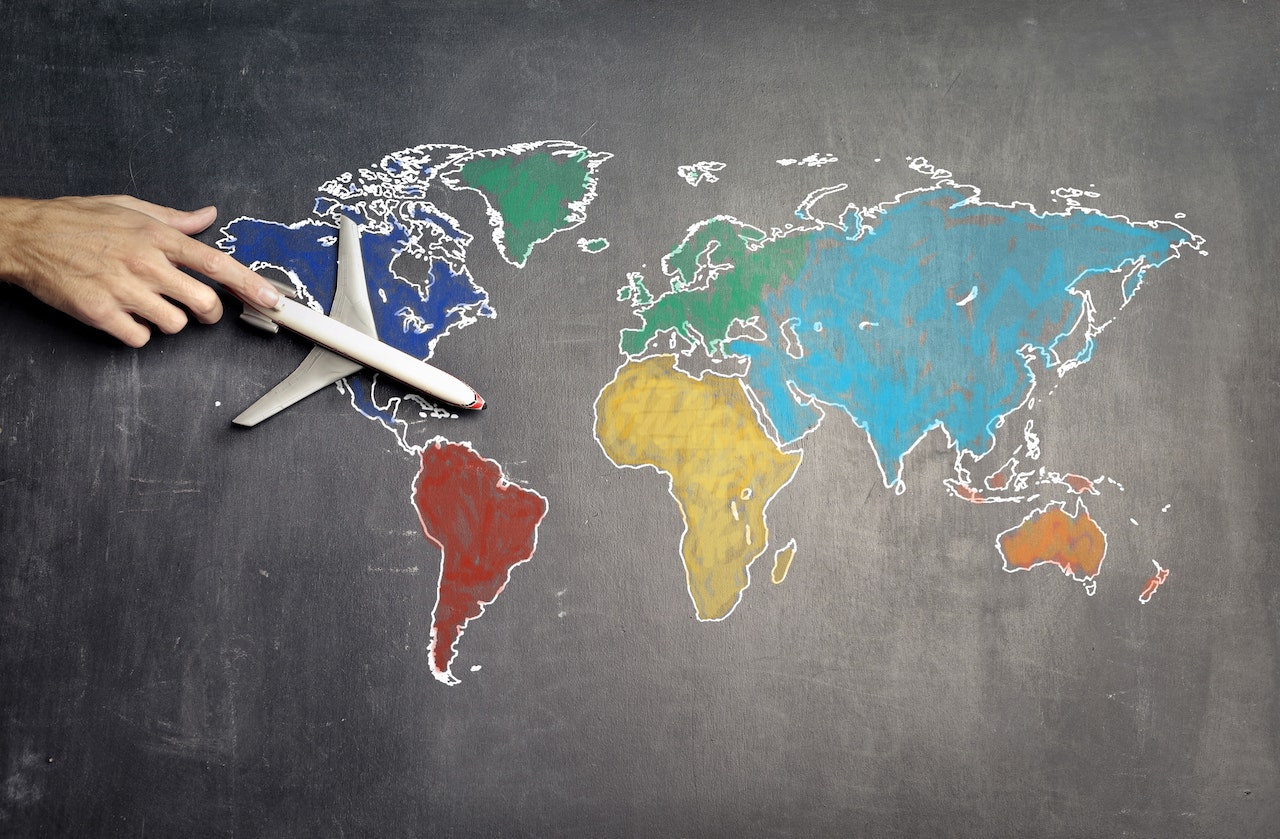Justice Department Sues to Block JetBlue’s $3.8 Billion Acquisition of Spirit Airlines
JetBlue’s proposed acquisition of Spirit Airlines has resulted in an antitrust lawsuit. The Justice Department is fighting to protect competition in the airline industry by blocking JetBlue’s proposed acquisition of Spirit Airlines.
- According to the Justice Department, JetBlue’s proposed acquisition of Spirit Airlines may harm American travelers.
- The Justice Department has warned that the proposed merger between JetBlue and Spirit Airlines threatens airline competition and choice.
Introduction
JetBlue recently proposed a merger with Spirit Airlines, seeking to expand their capacity in the air travel industry. However, Justice Department officials have filed suit against the airline and its potential partner in order to block the merger and preserve competition within the market.
Should the Justice Department succeed in blocking JetBlue’s proposed acquisition of Spirit, an increase in head-to-head competition between airlines would create a more competitive airline landscape that ultimately benefits consumers by driving down ticket prices.
The Justice Department strongly believes that such a move by JetBlue could significantly reduce consumer choice and lead to increased fares for travelers due to cost synergies on overlapping routes. Therefore, it is no surprise that a decision needs to be made soon on whether or not this major corporate shift will go forward.
Reasons Behind the Justice Department’s Lawsuit to Block the Deal
The Justice Department’s recent lawsuit to block JetBlue’s proposed acquisition of Spirit Airlines caused shock waves throughout the aviation industry.
The Justice Department felt that this deal would result in price increases for customers, as well as reduce competition available for consumer choices between airports. This could harm business travelers by reducing their options and potential cost savings from competition among airlines.
Additionally, the Justice Department worried that this acquisition would create an airline monopoly on corridors with only one major airport that handle a large portion of air travel.
Justice Department officials have declared they will vigilantly pursue antitrust violations so that consumers can be protected from higher prices and limited choices due to mergers and acquisitions like this one.
How This Deal Could Impact Competing Airlines in the U.S.
The Justice Department’s lawsuit to block JetBlue’s proposed acquisition of Spirit Airlines has the potential to cause a ripple effect among the remaining U.S.-based airlines.
If the Justice Department succeeds in its efforts to prevent the merger, it could leave more opportunities for other airlines to expand their markets and gain even more market share in the domestic flight industry.
It has been suggested that Southwest, American Airlines and United Airlines could be the biggest beneficiaries from this deal being blocked as they directly compete with both JetBlue and Spirit in various cities throughout the United States.
Consequently, if the current Justice Department lawsuit bears fruit, there could very well be an increase in competition among domestic US-based airlines.
You can read Attorney General Merrick Garland’s speech and remarks on the merger delivered on March 7th.
Potential Consequences of Blocking the Acquisition for JetBlue and Spirit Airlines

Justice Department has gone to great lengths by suing to block the proposed acquisition of JetBlue and Spirit Airlines.
On the surface, it appears that Justice Department believes the merger would reduce competition amongst airlines, pushing prices up and creating an uncompetitive market. However, there is far more at stake and potential consequences should Justice Department be successful in their endeavor.
For example, an increase in airfares could result as travelers seek other airlines with more expensive tickets for a similar destination; customers may also find fewer flight options available and less flexibility in scheduling flights due to reduced competition between airlines.
Furthermore, job stability for employees of both Spirit and JetBlue remains uncertain when Justice Department blocks the acquisition from being finalized; this could potentially lead to job loss or drastic changes to benefits offered by employers as they rearrange themselves after the dissolution of a potential merger.
All these possible outcomes highlight Justice Department’s hesitation with letting JetBlue acquire Spirit, but there could be far reaching implications of Justice Department’s decision beyond what we can anticipate right now.
Strategies that Can Help Mitigate Risk if the Proposed Acquisition is Blocked
When the Justice Department Sued to Block JetBlue’s Proposed Acquisition of Spirit Airlines, it put a strain on the shareholders and investors who had high hopes for this merger.
By taking preventative measures, those involved can mitigate their risk if the acquisition is indeed blocked. Companies can look into other acquisitions that may be viable, cost-cutting strategies, or even fundraisings to redistribute equity.
In addition, they can evaluate current customers’ needs and try to maximize their partnerships with suppliers.
Ultimately, risk management will be important in any case – whether the Justice Department allows the merger or not – but these are just a few of the many strategies that companies should consider if they find themselves facing a similar situation.
Conclusion
In summary, the Justice Department is taking a hard stance against airline acquisitions to protect consumers from paying higher prices for airfare. Despite the legal challenge, litigation is not an uncommon reaction in antitrust cases like these where two big companies are attempting to merge.
For now, the combination of JetBlue and Spirit has been paused as both sides navigate how best to proceed and uphold their respective interests. The outcome of this case is likely to have significant implications for the airline industry and its passengers in the months and years ahead.
As competition remains at stake and consumers keep a close watch on pricing fluctuations, one thing is certain: developments related to this case should be closely monitored as they unfold in the near future.
Read more Business News on WeeklyReviewer!

